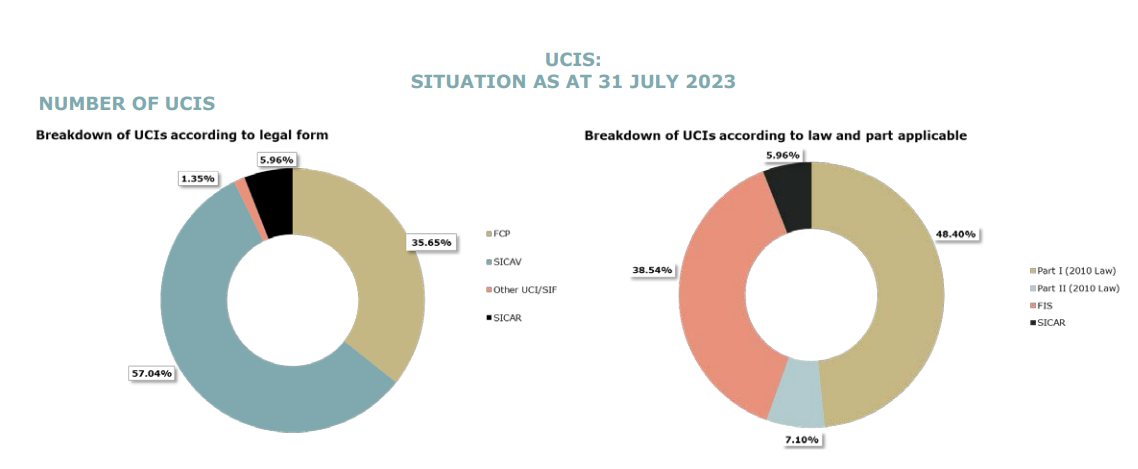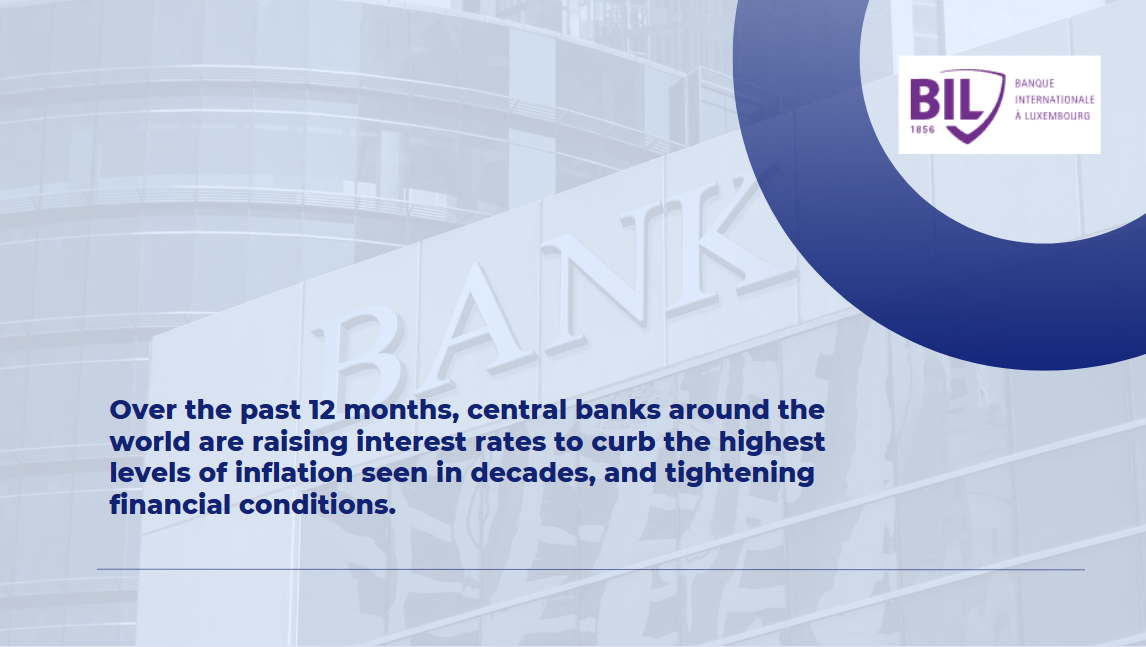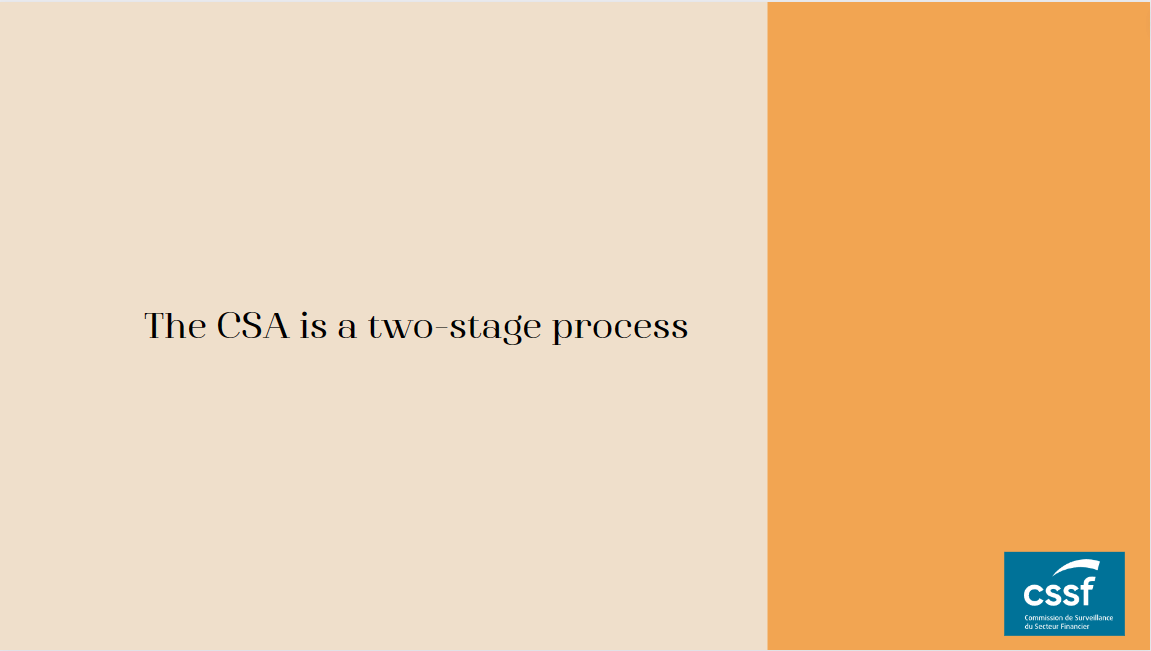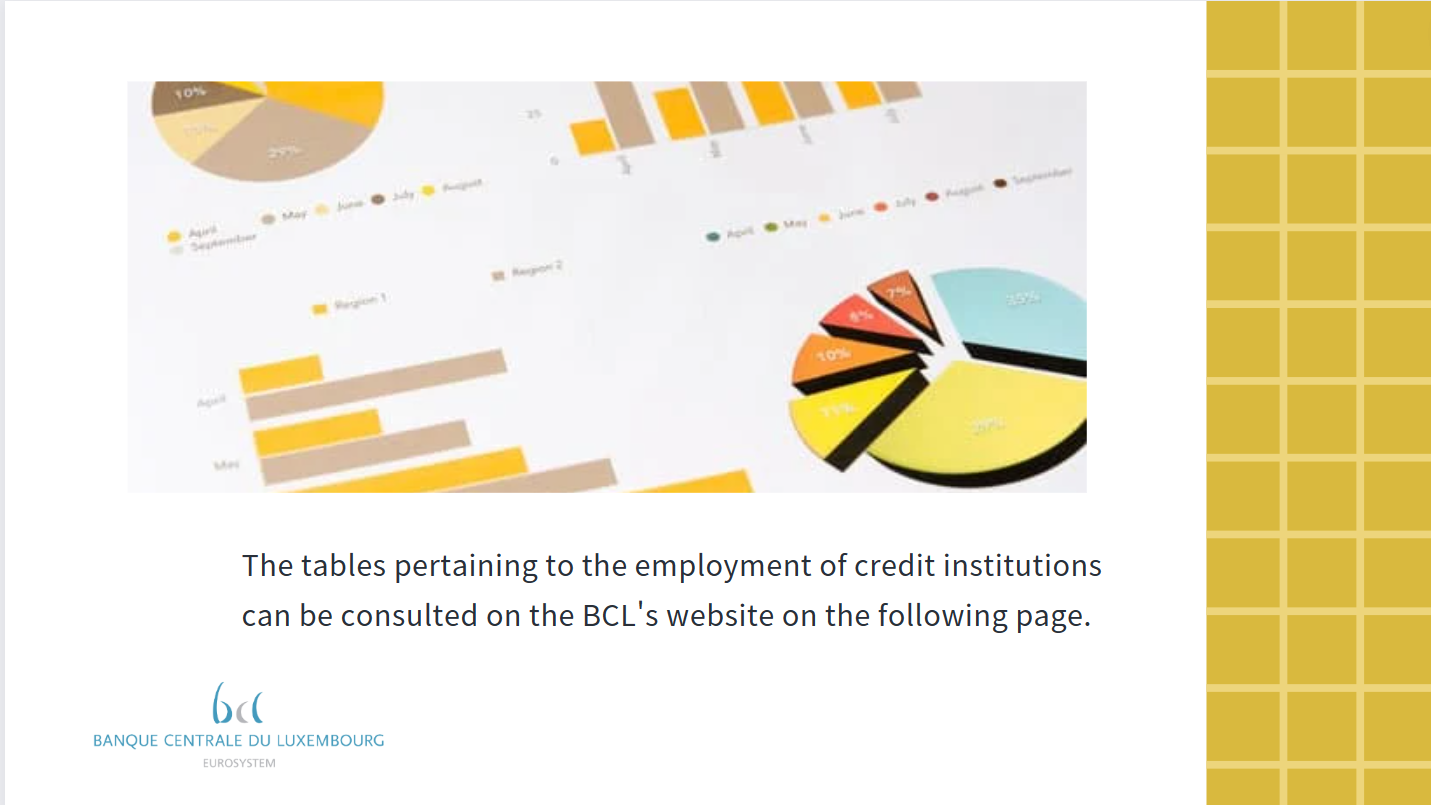New Luxembourg law to preserve businesses and modernize insolvency law – What to expect?
On 19 July 2023, the Luxembourg parliament finally passed a new law to modernize insolvency law and preserve businesses (the"Law"), after more than a decade since the first draft bill (n° 6539) was presented. The Law will come into force on 1st November 2023.
The most recent law relating to insolvency matters (namely on controlled management) dated back to 1935 and the EU Commission had pressed Luxembourg to comply with the Directive (EU) 2019/1023 of the European Parliament and of the Council, of 20 June 2019, on preventive restructuring frameworks, on discharge of debt and disqualifications, and on measures to increase the efficiency of procedures concerning restructuring, insolvency and discharge of debt. This new law was therefore long-awaited.
The Law establishes two types of reorganization procedures: reorganization by collective agreement and judicial reorganization. The latter entails a stay of execution and can be carried out either by adopting a plan or through a court-ordered transfer.
To qualify for these reorganization procedures, companies and enterprises facing financial difficulties must be identified. The Law introduces new measures to detect such situations, with new duties for the Economy Minister and the Middle Classes Minister and the creation of an assessment unit (‘Cellule d’Evaluation des entreprises en difficulté’) to evaluate the suitability of bankruptcy petitions for public entities or administrations.
The Law also aims to modernize the provisions of the Commercial Code on bankruptcy proceedings, which mainly incorporates into law practical developments that have been applied for years, as the Commercial Code had been only marginally amended since its adoption.
The Law covers four aspects: prevention, recovery, sanction and social aspects.
- On the prevention side, the Law provides companies with new tools of reorganization, tailored to their size, to enable business continuity.
- The recovery aspect gives a second chance to unfortunate but honest companies and enterprises.
- The sanction aspect, while appearing less severe on fraudulent cases, actually facilitates the prosecution of fraudulent cases and bad faith debtors.
- Finally, the social aspect is addressed by the new reorganization procedures, which would preserve activities and thus employment.
The impact of this new law, and especially the new reorganization procedures, on companies remains to be seen.
General overview of the new reorganization procedures
September 11, 2023 - latest update
The Law aims to prevent bankruptcy by facilitating the recovery and continuity of viable businesses through a reform of the legal framework. It replaces the outdated procedures of controlled management and composition with creditors with two new proceedings, i.e. reorganization by amicable agreement ("réorganisation par accord amiable") and judicial reorganization procedure ("réorganisation judiciaire"), which enables companies and some entities (special limited partnerships, commercial or civil companies, individual traders and craftsmen, with certain exceptions such as credit institutions, investments firms, financial institutions, electronic money institutions and payment institutions, insurance and reinsurance undertakings, etc.) in situation of imminent or foreseeable peril (the "Debtor") to preserve all or part of their assets or activities under judicial supervision.
The amicable agreement is a voluntary out-of-court proceeding whereby the Debtor and at least two of its creditors mutually agree to reorganize all or part of the assets or the business of the Debtor. Once obtained, the district court can validate the agreement upon request of the Debtor.
For judicial reorganization, the Debtor can choose one of the following objectives by submitting a petition with supporting documents to the district court:
- To obtain a stay to negotiate an amicable agreement with some of its creditors.
- To obtain the creditors' consent on a reorganization plan to reach a collective agreement with some of its creditors. The stay allows the Debtor to set up a plan that details the measures to restore the business viability.
- To enable the court-ordered transfer of all or part of the Debtor’s assets or of its activities to one or more third parties, which can be initiated either by the Debtor or by the State public prosecutor.
From the submission of the judicial reorganization's petition, no bankruptcy, judicial liquidation, administrative dissolution without liquidation or enforcement measures, with exceptions, can be declared or taken until the judgment of the district court ruling on the Debtor's request. The district court examines the petition within fifteen days and checks whether the opening conditions are met, especially whether the business is in imminent or foreseeable peril, and whether the request is not abusive or fraudulent. If so, the district court opens the judicial reorganization procedure and appoints a supervisory judge to monitor it. The district court can also appoint a judicial representative to assist the Debtor in its reorganization, if requested and useful.
The opening of the procedure starts the stay on payments, which cannot exceed four months, with possible extensions up to a total maximum of 12 months. Subject to certain exceptions and to applicable contractual provisions, ongoing contracts will continue. If the reorganization requires it, the suspension of the enforcement of certain agreements is possible with certain exceptions. Financial collateral arrangements falling within the scope of the amended Law of 5 August 2005 remain enforceable and unaffected by a judicial reorganization procedure. Payments remain enforceable against third parties. The Debtor can request the district court to change the objective of the judicial reorganization procedure at any time during the stay.
The judicial reorganization procedure can be closed by a district court's decision, either by the early termination of the procedure, at the Debtor's request or on the supervisory judge's report, if the opening conditions are no longer met or if the Debtor fails to comply with its obligations. The end of the judicial reorganization procedure results in the end of the stay and the resumption of the creditors' rights and actions, unless the approval or closure judgment provides for specific provisions.























































First, please LoginComment After ~